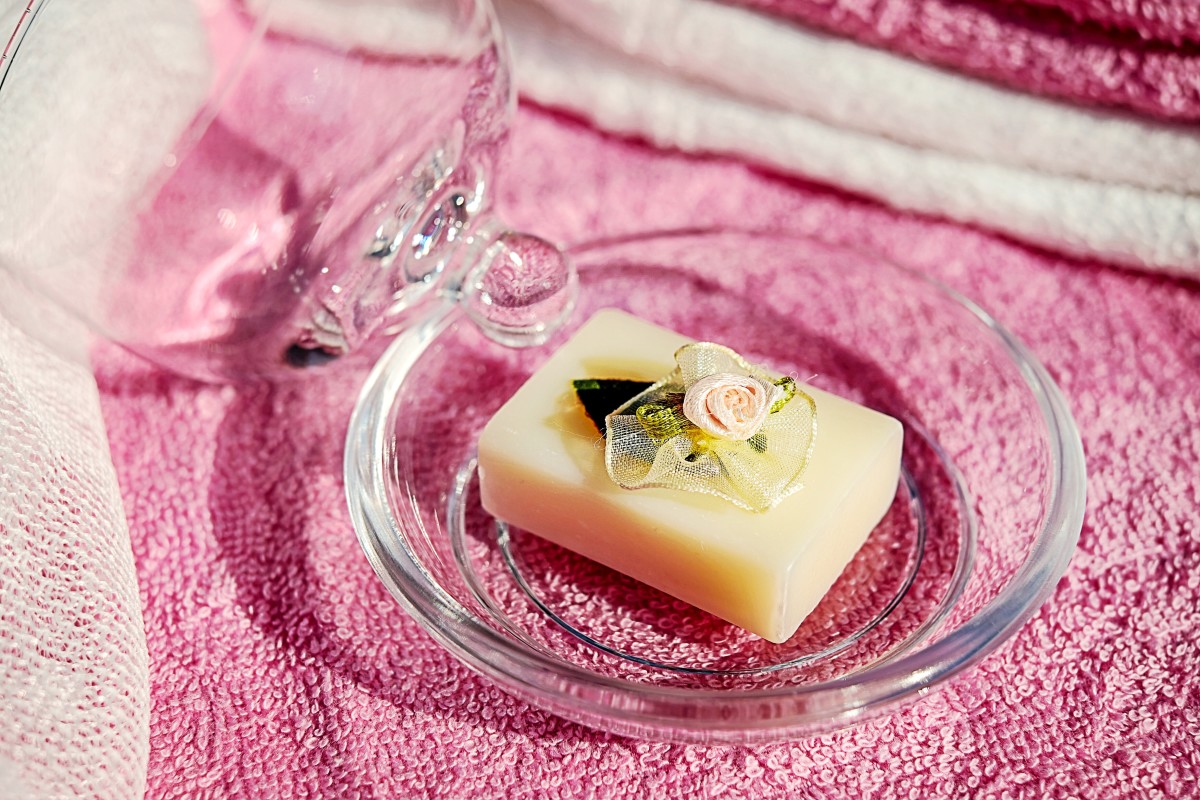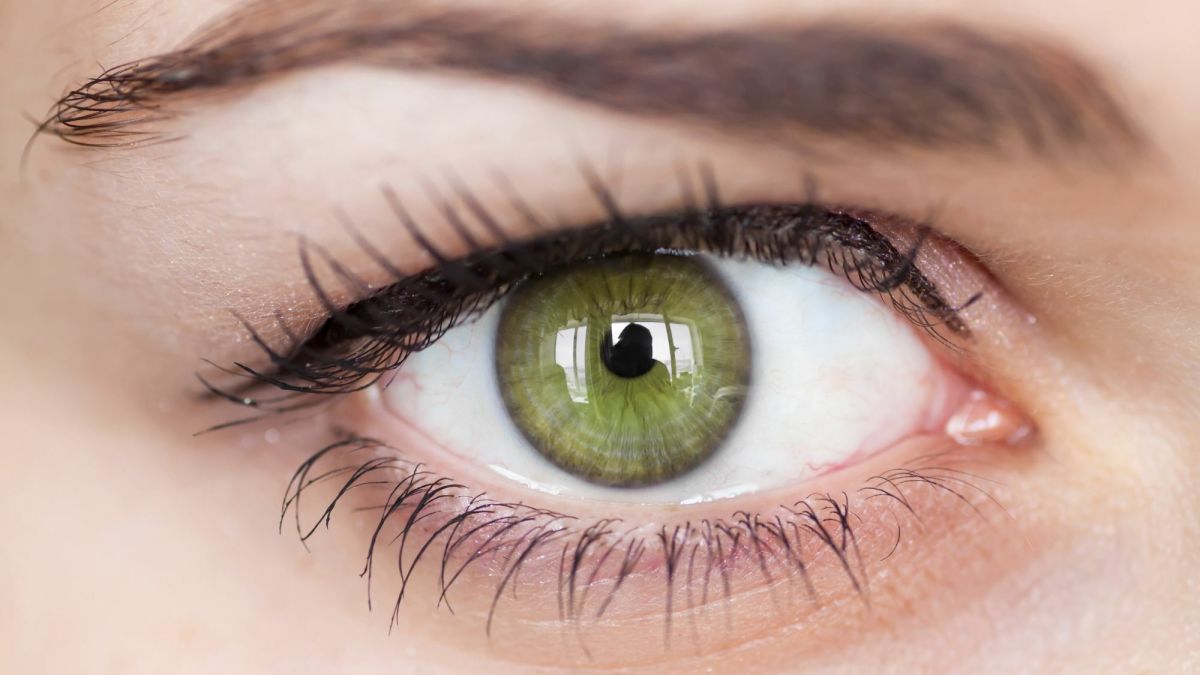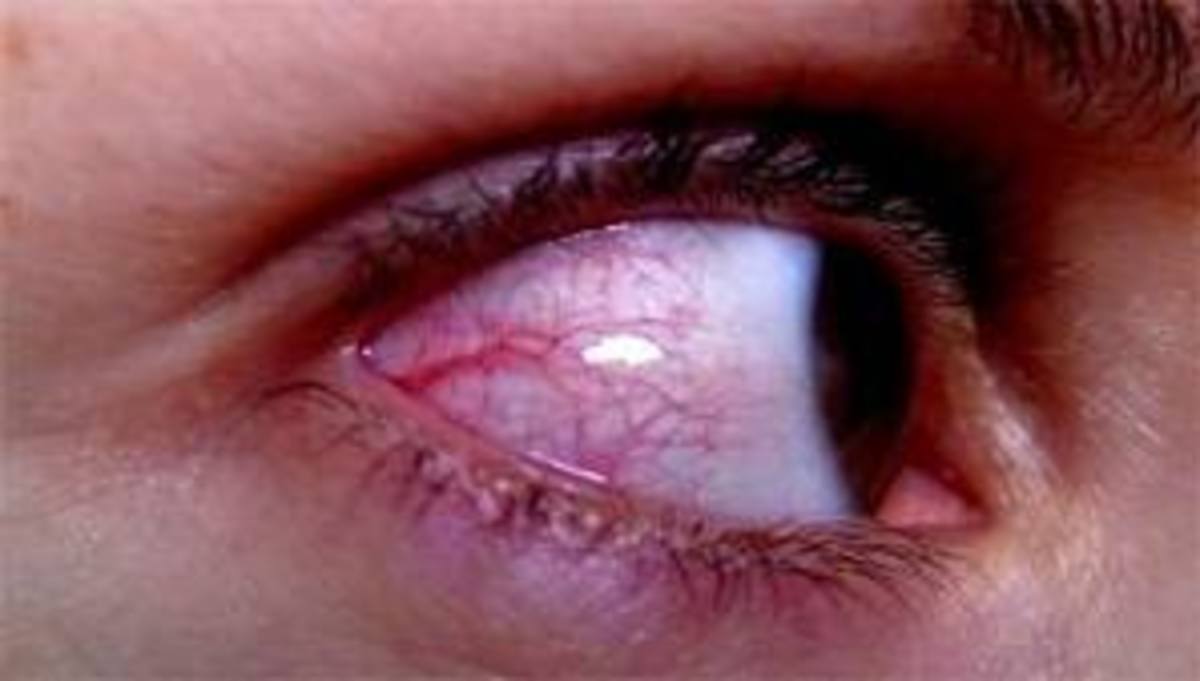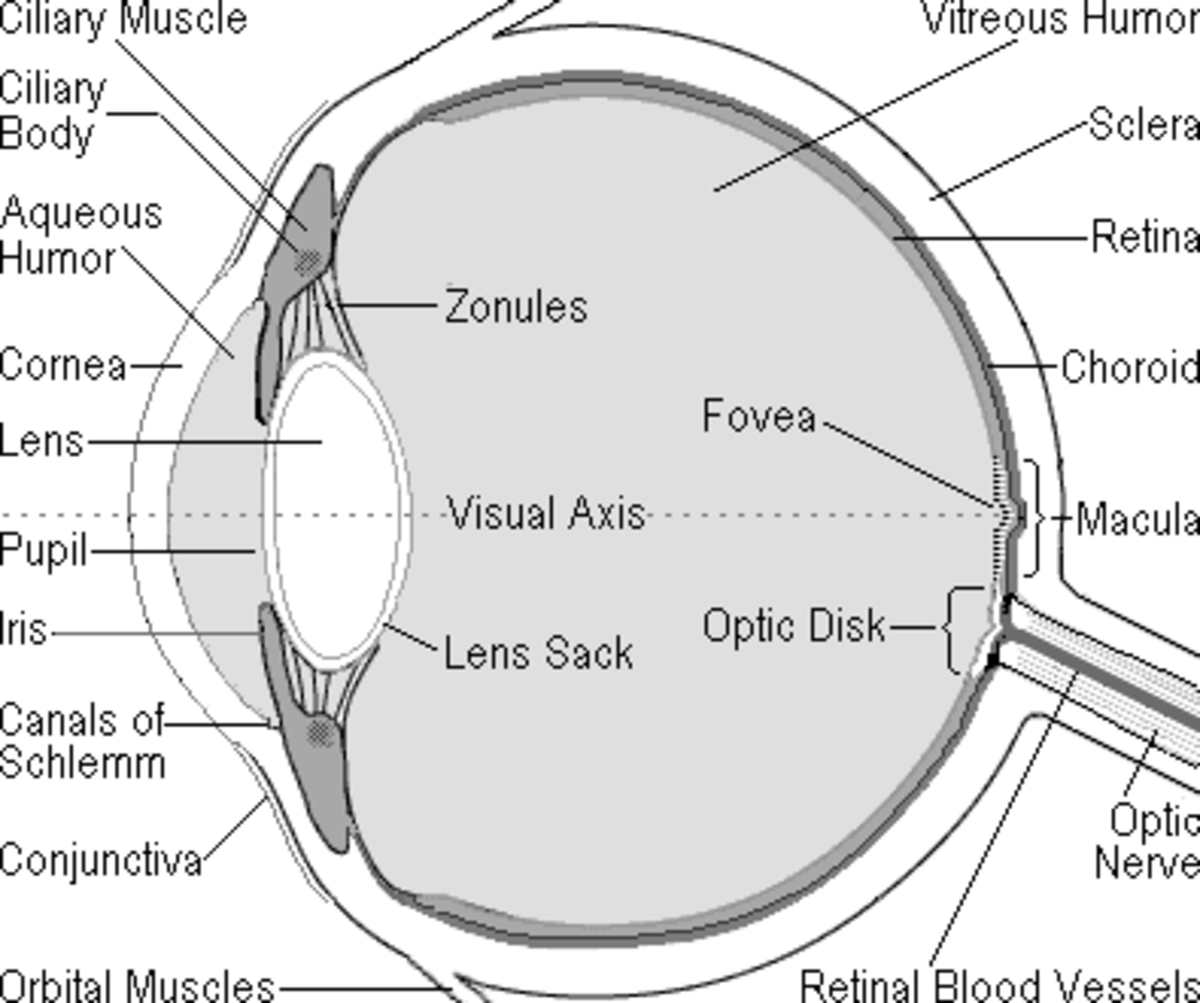Do you keep your mascara bacteria free?
Applying mascara on lashes is a routine task for millions of women worldwide and it is generally not considered as risky to the health. However, if inadequately preserved, a mascara applicator and other eye cosmetics may harbor harmful pathogens, than can get straight into your eye, causing corneal ulceration, or even more serious conditions.
What bacteria can be found on a mascara applicator?
Pseudomonas aerugionsa is a bacterium that can live well on a mascara wand, eyeliner and other make-up products. The infection may happen when you accidentally scratch your eyeball with a mascara applicator, or through microscopic cuts caused on the eye surface by contact lenses. The common symptoms associated with Pseudomonas aerugionsa infection are: progressive pain in the eye and swelling, redness and light sensitivity.
Sometimes, however, the health consequences can be more serious. The US Centre for Disease Control and Prevention has in its records a case of a woman who has developed permanent vision impairment as a result of the Pseudomonas aerugionsa infection. In the most severe cases, the encounter with this bacterium may lead to partial or total blindness.
Other bacteria that can thrive on the eye cosmetics are: Staphylococcus epidermidis and Straphyllococus aureus. These pathogens, if they manage to get into an eye, can cause blepharitis, conjunctivitis and other serious conditions.
How the contamination happens?
It is very unlikely that your new mascara or eyeliner is contaminated. Such cases were more common in the 1970s, before by the US Food and Drug Agency imposed stricter quality control regulations on the cosmetic producers.
The most often, the contamination happens after a product has been opened and started being used. Pseudomonas aerugionsa and other ubiquitous pathogens can be often found on a user’s fingers and eyelids and transferred to the mascara applicator, where they can live and grow.
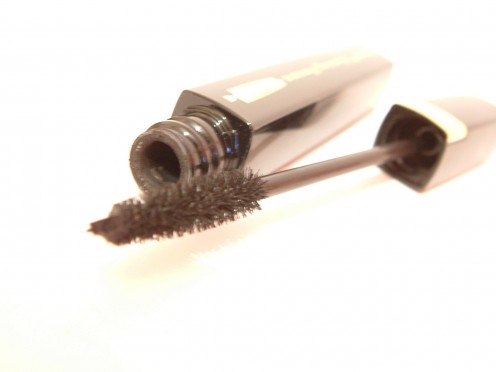
How to protect your mascara against contamination?
To protect your eyes from bacterial infection and make the most of your cosmetics, there are a couple of simple rules to follow:
- Always wash your hands before using eye cosmetics
- Keep your mascara and other eye accessories in a clean environment, do not let them to get covered with dust or other dirt
- When testing eye cosmetics always use disposable wands (you don’t know who used them before you)
- Never borrow or lend your mascara
- If a product causes irritation, stop using it immediately
- Do not use old cosmetics. Although most of them are designed to last for over a year, the risk of contamination increases after three-four months of using, accordingly to the industry experts
- Do not re-use old cosmetic containers
- Do not use your saliva with any of the eye cosmetics, as it may harbor bacteria
- When applying eye cosmetics or contact lenses, take care not to scratch the eyeball and other sensitive eye areas.
- If you experience redness, inflammation, pain in the eye(s) or any other symptom listed in this article, book an appointment with your eye doctor.


